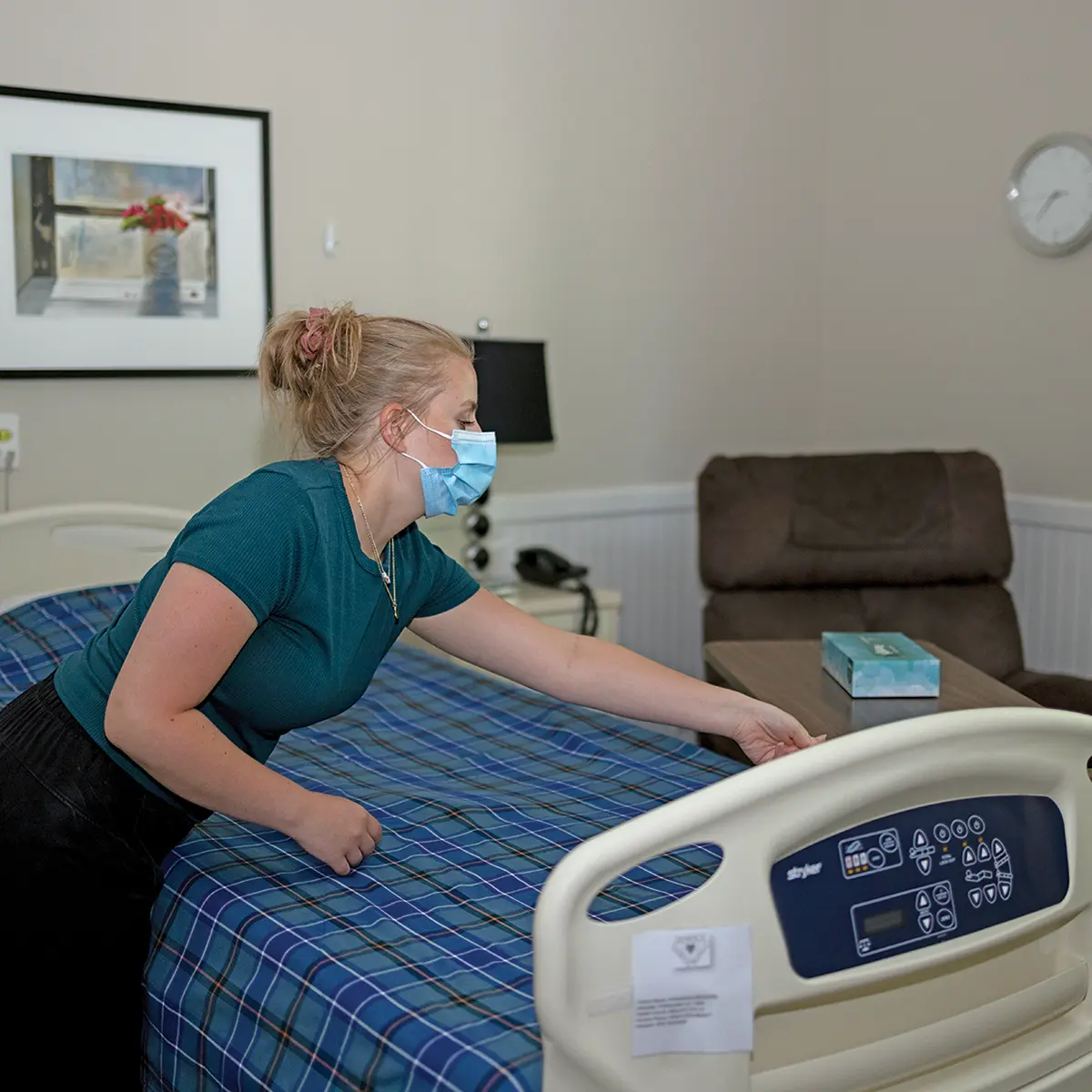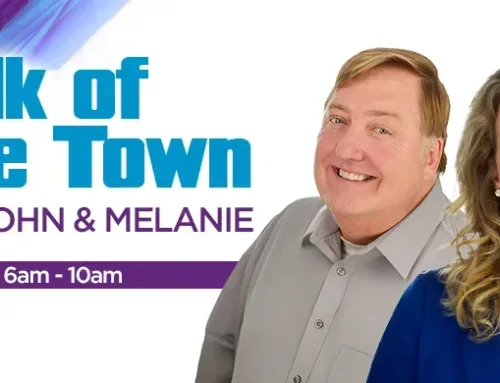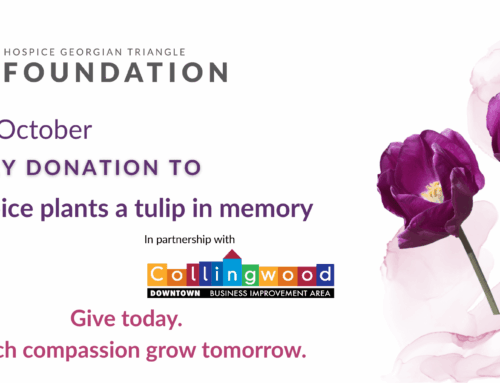by Sandra Sullivan, Executive Director of Hospice Georgian Triangle Foundation
In a world that moves fast, celebrates youth, and glorifies productivity, death is something we often push to the margins. Even in healthcare, conversations about end-of-life care are too often delayed — or avoided entirely. But here’s the truth: every one of us will face death, either our own or that of someone we love.
And when that time comes, how we die matters.
The Promise of Hospice
Hospice palliative care isn’t about giving up. It’s about choosing comfort, grace, and human connection in life’s final chapter. At its best, hospice provides a peaceful environment, expert symptom management, emotional support, and the opportunity for patients and families to focus on what truly matters.
But delivering that promise comes at a cost — one that is not covered fully by government funding.
What Does It Really Cost to Die with Grace?
At Hospice Georgian Triangle, our hospice team includes specialized nurses, personal support workers, physicians, social workers, grief counselors, and volunteers. They deliver 24/7 care tailored to each person’s needs at Campbell House – a 10-bed facility serving south Georgian Bay. In addition to clinical care, we offer grief and bereavement support for families, pain and symptom management, and respite care at no cost to the users.
Like many hospices in Canada, we must raise 50% or more of the operating budget through charitable donations.
That means the dignity we promise at end-of-life — the gentle, compassionate, family-centered experience we all hope for — depends heavily on philanthropy.
Why This Should Matter to All of Us
Hospice palliative care is not a luxury. It is a public good.
It reduces strain on acute care hospitals. It saves the system money by offering more appropriate and cost-effective care. And most importantly, it respects the inherent dignity of each individual, regardless of age, diagnosis, or income.
Philanthropy bridges the gap between what the government can provide and what compassion requires. It funds the beds. The grief counselors. The nurses and PSWs. The Living Wish programs. The moments that make death gentler — and life richer.
A Call to Reframe Giving
Supporting hospice isn’t about giving to a building. It’s about giving families peace. It’s about making sure that someone’s final days are filled with care, respect, and love, not fear and suffering.
As fundraisers, healthcare leaders, donors, and community members, we must reframe how we talk about end-of-life care. It is not morbid. It is not a niche. It is universal.
Dying with grace is a right. Ensuring it is a collective responsibility.
Let’s talk about it more. Let’s invest in it generously.
Let’s ensure that when the time comes — for us, or for someone we love — hospice care will be there.
For more than 15,000 years the First Nations walked upon, and cared for, the lands we now call home: Anishinaabek, Haudenosaunee, Ojibwe, and many others who cared for their families and communities, the way we now seek to care for ours.
Hospice Georgian Triangle and Hospice Georgian Triangle Foundation acknowledge the Lake Simcoe-Nottawasaga Treaty of 1818 and respects all the Nation-to-Nation agreements that have formed relationships with the original inhabitants of Turtle Island; the reality of our shared history; the current contributions of Indigenous people within our community and seeks to continue empowering expressions of pride amongst all the diverse stakeholders in this area.
We seek to do better, to continue to recognize, learn, and grow, in friendship and community, Nation-to-Nation.










